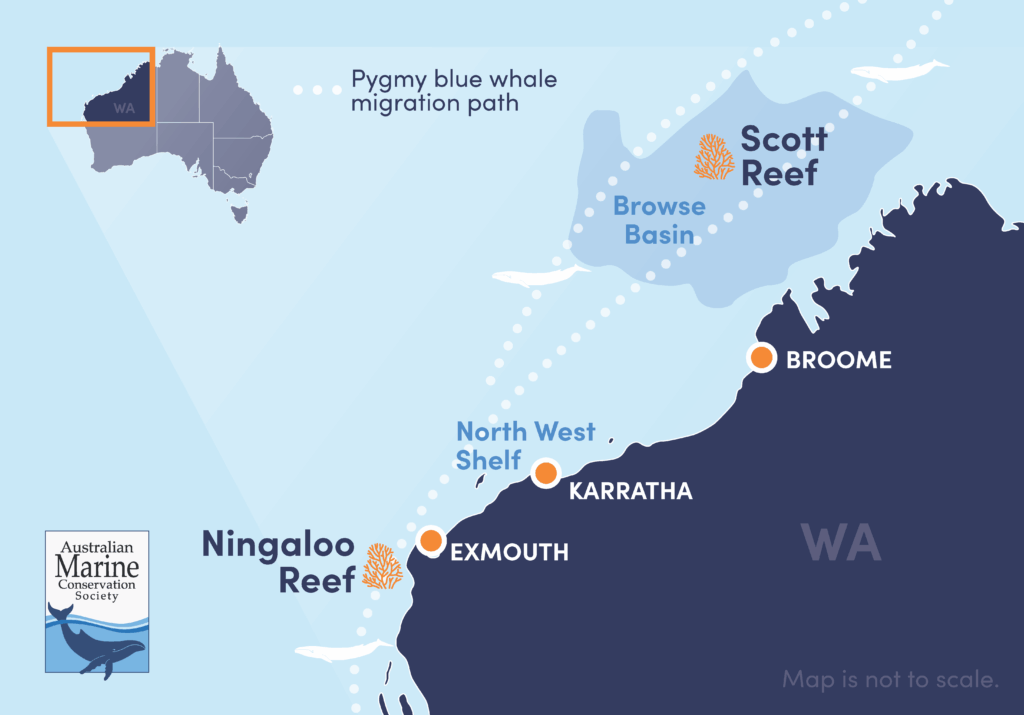Scott Reef is a fragile ocean wonder that needs protection. But this spectacular reef is under threat from fossil fuel polluter Woodside’s Browse gas proposal.


Although lesser known, Scott Reef rivals the World Heritage Listed Ningaloo Reef for the diversity of ocean wildlife it supports. But Scott Reef and its marine life could be pushed to the brink by fossil fuel polluter Woodside’s Browse gas proposal.
Located 270 km off the Kimberley Coast in north-west Western Australia, Scott Reef is home to more than a thousand species, from the tiniest coral polyps to giant migratory whales like the endangered pygmy blue whale.
Green and hawksbill turtles nest during the summer months on Sandy Islet on South Scott Reef, a narrow sliver of sand that lies less than 2m above sea level and which provides critical nesting habitat for a genetically distinct population of green turtles that swim hundreds of kilometres to lay their eggs here.
Scott Reef is also Australia’s last remaining habitat for the endangered dusky sea snake.
Scott Reef should be a safe place for marine life to thrive, not an industrial gas zone.
Woodside, a major fossil fuel company, and its joint venture partners are proposing to drill up to 50 gas wells around Scott Reef’s world-class and fragile coral ecosystem to access the Browse offshore gas field. Woodside also wants to dump its carbon pollution under the ocean floor nearby.
Scott Reef’s precious marine life is at risk. The Browse gas proposal is an attack on Scott Reef that would destroy nature and fuel dangerous climate change and marine heatwaves.
If the Browse proposal is approved, it will lock in deafening underwater seismic blasting for decades and risk oil spills, blowouts and sinking green sea turtle nesting grounds as gas is sucked out from under the fragile reef.
If it’s not stopped, the Browse project would also be a major contributor to Woodside’s proposed Burrup Hub North West Shelf onshore gas processing facility, a climate disaster that will produce billions of tonnes of emissions, worsening the climate crisis.
Right now, Woodside is seeking approval from the WA and Australian governments to develop the Browse offshore gas field.
Almost all the gas Woodside wants to drill around Scott Reef would be shipped overseas.
The WA Environmental Protection Authority (EPA) has raised significant concerns about the Browse project, citing threats to migrating whales, endangered turtles, and the risk of an oil spill.
Federal Environment Minister, Murray Watt, and WA Environment Minister, Mathew Swinbourn, hold the future of Scott Reef in their hands. They have the power to reject Woodside’s destructive plans, and protect one of Australia’s most spectacular and biodiverse coral reefs. They have a choice: Browse gas and carbon pollution dumping or saving Scott Reef and taking action on climate change.
AMCS has joined with other leading conservation groups in calling on the WA and federal governments to respect the independent scientific advice and expert opinion, and reject Woodside’s application to develop Browse fossil gas.

* Header Image: Scott Reef; credit Nush Freedman
Our billboards are helping shine a light on the spectacular Scott Reef and the threat posed by the Browse gas proposal.
We're sending a clear message across the country: Save Scott Reef.
See the Gallery